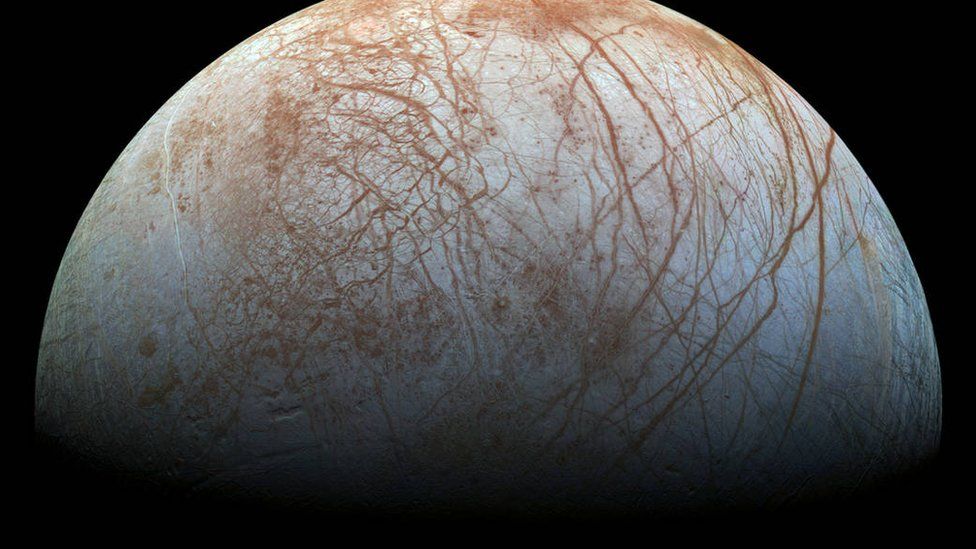-

-
-
Loading

Loading

Astronomers are no longer questioning whether there is life elsewhere in the Universe, but instead are focused on when we will find it. Many believe that signs of life on a distant world could be detected within our lifetimes, with some suggesting it could happen in the next few years. A scientist leading a mission to Jupiter even claims that it would be surprising if there was no life on one of the planet's icy moons. Nasa's James Webb Space Telescope has already discovered potential hints of life on a planet outside our Solar System, and there are numerous upcoming missions in the works to continue the search for extraterrestrial life. Telescopes can now analyze the atmospheres of planets orbiting distant stars for signs of chemicals that can only be produced by living organisms. Recently, there has been a possible discovery of a gas produced by marine organisms on Earth in the atmosphere of a planet called K2-18b, located 120 light years away. This planet is in the "Goldilocks zone," meaning it is at the right distance from its star to have liquid water and potentially support life. While it is not yet confirmed, if signs of life are found on K2-18b, it would have a significant impact on our understanding of the search for extraterrestrial life. Even if no signs of life are found, there are still many more planets to study. Scientists predict that within five years, our understanding of planetary habitability and life in the Universe will undergo a major transformation. Additionally, Nasa is planning the Habitable Worlds Observatory and the Extremely Large Telescope, both of which will aid in analyzing the atmospheres of planets similar to our own. Some scientists are also focusing on our own Solar System, particularly the icy moons of Jupiter and Saturn, as potential homes for life. Missions are already underway to explore these moons and search for signs of life. The search for extraterrestrial intelligent life also continues through initiatives like the Search for Extra Terrestrial Intelligence (Seti) institute, which is using modernized telescope arrays to search for signals from distant planets. While some scientists are skeptical, the possibility of finding a signal that can be understood remains an exciting prospect. Significant progress has been made in our understanding of exoplanets, and a discovery of life beyond Earth would be a revolutionary scientific breakthrough that would change our perception of ourselves and our place in the Universe.